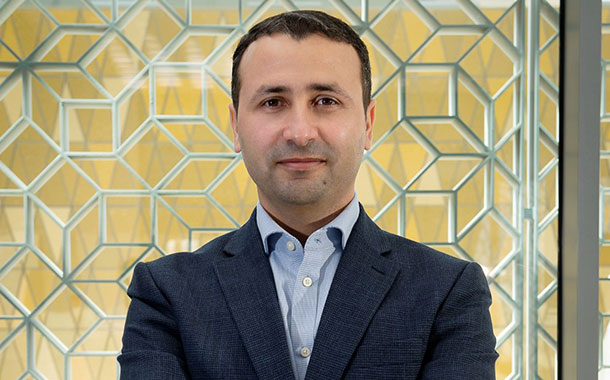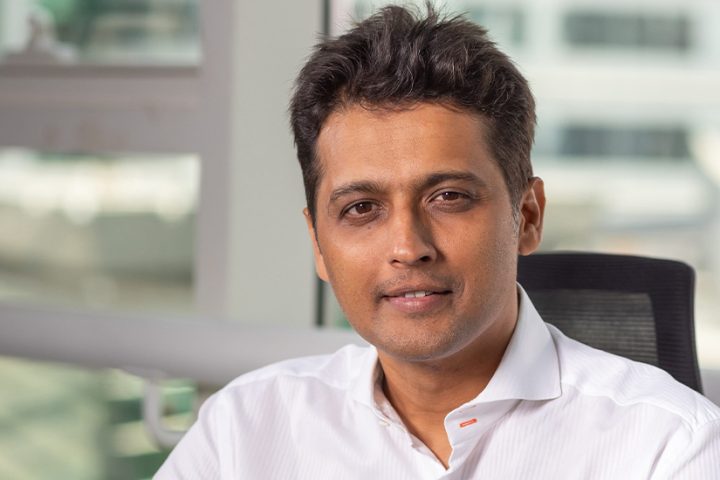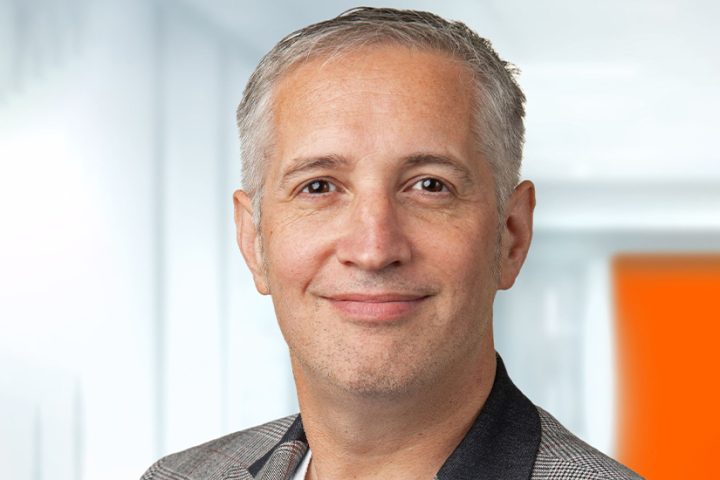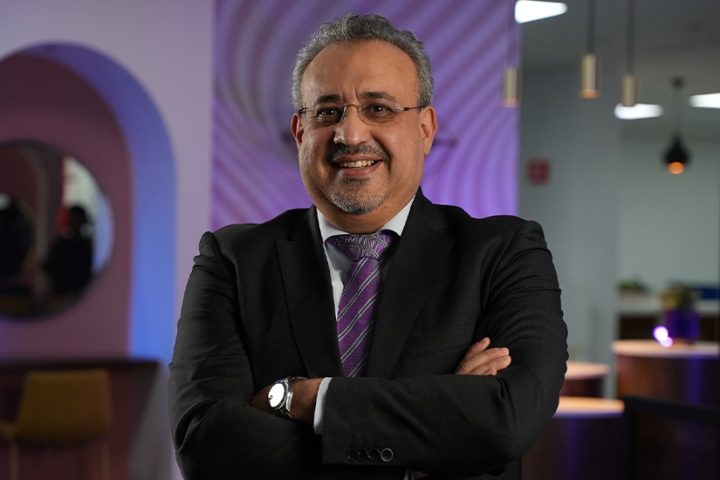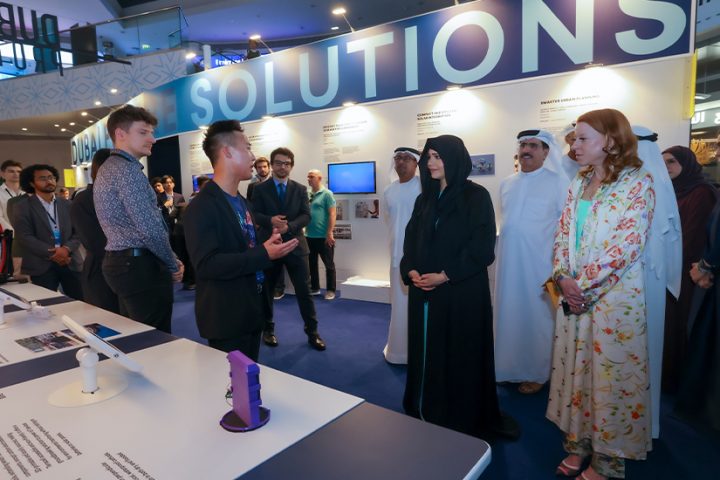Dr Mohammed Yaqub, Assistant Professor at Mohamed bin Zayed University of Artificial Intelligence, MBZUAI, the world’s first graduate-level, research-based artificial intelligence university, will discuss the critical role played by AI in the fight against Covid-19 and improving healthcare outcomes at a high-level session at GITEX 2020.
Dr Yaqub will lead the talk, How does AI Help Fight the Covid-19 Pandemic?, on the first day of GITEX on December 6. Dr Yaqub will show how AI helps detect, respond to, and recover from the pandemic, as well as predict infection progress and facilitate healthcare solutions to tackle the pandemic. AI will be central to enabling improved healthcare outcomes from the novel coronavirus, and accelerated research to improve the understanding and treatment of Covid-19.
Dr Yaqub, who leads research in healthcare applications for AI at MBZUAI, will speak at the GITEX Future Stars: AI Everything stand, from 12-12.30pm on December 6.
MBZUAI experts will be available at GITEX to discuss the application of AI across key sectors serving UAE National Priorities. Dr Yaqub will participate in the Abu Dhabi Digital Authority session entitled AI in Healthcare: challenges, opportunities, responsibilities, and the future, discussing the challenges in adopting AI for healthcare problems. He will outline how implementing AI solutions to solve these problems increases the responsibilities of entities such as patients, researchers, industry, government, and healthcare bodies, while exploring the future potential of AI in healthcare. The session will be held in the ADDA Theatre from 4-4.30pm on December 6.
“AI has come to the fore in 2020 due to its successful application in combating the spread of the novel coronavirus,” said Dr Yaqub. “From research into vaccines to faster diagnoses, AI-based technologies have elevated the healthcare, scientific and research sectors by providing new tools to augment current capabilities. This is not just helping in the fight against Covid-19, but also accelerating solutions in current and future healthcare problems.”

